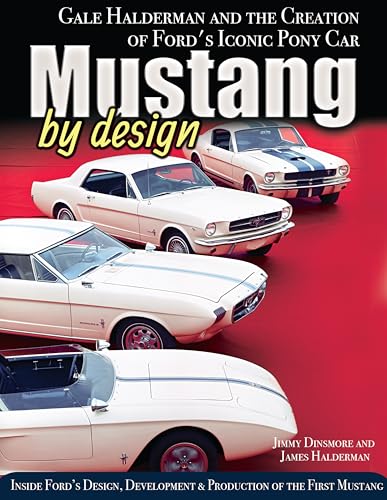andy72
Well-known member
- Joined
- Jul 3, 2014
- Messages
- 253
- Reaction score
- 23
- Location
- california, ca
- My Car
- 1972 mach 1 351 ram air
[url=https://ibb.co/R9rNbJs][img]https://i.ibb.co/376vdPj/DSC06636.jpg[/img][/url]
Hello Everyone,
I posted this same problem about a year ago but dads health caused me to step away from the car.
I'm going to start over here...
When I shift into gear, especially Reverse, the car has a loud clunk and a violent jerk. It feels like it wants to break something.
What I've done/tested...
351C FMX transmission
Timing 6 BTDC
Idle in Park about 700
new U Joints
Transmission had a fluid replacement and is full.
The car had sat stationary outside for years before I got it in 2015.
It has shifted like this as long as I've owned it.
I disconnected the drive shaft from the rear end and supported it up. No clunk when shifting into gear.
With shaft reconnected, I got under the car and clearly the noise comes from the rear end.
I find it hard to believe its the rear though because I have a 460 with a C6 and a 302 with a C4.
In either of these cars, if I give a little gas to increase RPM to about 800, neither car clunks at all when shifting into gear or jerks so bad like my 72.
Both of those cars just shift into gear like butter virtually noise and sensation free.
The 72 shifts into gear and jerks the car and has a loud clunk.
My 67 with 9 inch Equa-lock seems to have more slop in rear end if I jack tire off ground and rotate axle.
Not sure if this is actually a valid test of rear end slop, but I did it.
Is it possible the FMX is shifting into gear improperly and rotating the drive shaft harder or with more force than it should?
It does this shifting into Reverse or Drive, but it is worse shifting into reverse.
I feel like if I replace the third member the car is going to do the same thing.
Please watch vide below to see and hear the issue.
Any thoughts?
Thank you
I posted this same problem about a year ago but dads health caused me to step away from the car.
I'm going to start over here...
When I shift into gear, especially Reverse, the car has a loud clunk and a violent jerk. It feels like it wants to break something.
What I've done/tested...
351C FMX transmission
Timing 6 BTDC
Idle in Park about 700
new U Joints
Transmission had a fluid replacement and is full.
The car had sat stationary outside for years before I got it in 2015.
It has shifted like this as long as I've owned it.
I disconnected the drive shaft from the rear end and supported it up. No clunk when shifting into gear.
With shaft reconnected, I got under the car and clearly the noise comes from the rear end.
I find it hard to believe its the rear though because I have a 460 with a C6 and a 302 with a C4.
In either of these cars, if I give a little gas to increase RPM to about 800, neither car clunks at all when shifting into gear or jerks so bad like my 72.
Both of those cars just shift into gear like butter virtually noise and sensation free.
The 72 shifts into gear and jerks the car and has a loud clunk.
My 67 with 9 inch Equa-lock seems to have more slop in rear end if I jack tire off ground and rotate axle.
Not sure if this is actually a valid test of rear end slop, but I did it.
Is it possible the FMX is shifting into gear improperly and rotating the drive shaft harder or with more force than it should?
It does this shifting into Reverse or Drive, but it is worse shifting into reverse.
I feel like if I replace the third member the car is going to do the same thing.
Please watch vide below to see and hear the issue.
Any thoughts?
Thank you





















































